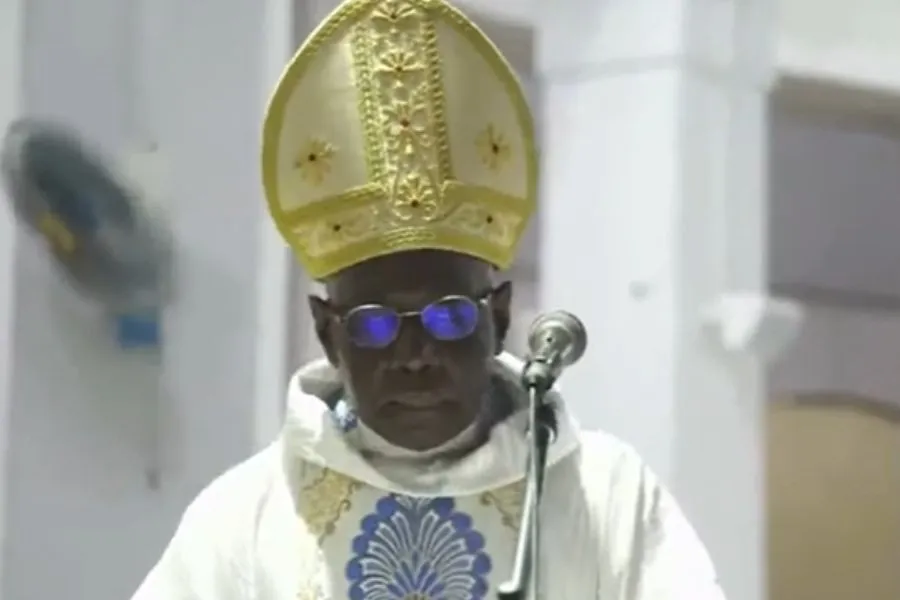The December 4-8 Congress in Dakar is to examine Sacrosanctum concilium, the Constitution on the Sacred Liturgy, 60 years after its promulgation, under the theme, “The state of the liturgical question in Africa: achievements, challenges and prospects.”
Reflecting on the Diamond Jubilee of the December 1963 document that was solemnly promulgated by Pope Paul VI, Cardinal Sarah decried increased “improvisation of creativity”, which he said does not contribute to the renewal of the people of God.
“For sixty years we note that year after year the liturgical reform allied by much idealism and great hopes by many Priests and laypeople turns out to be an avalanche of improvisation of creativity and a liturgical desolation instead of the renewal of the church and the ecclesial life,” he lamented.
He looked beyond Africa, saying, “We are witnessing today, especially in the West, a dismantling of the values of faith and piety that have been handed down to us, and instead of a frequent renewal of the liturgy, we are witnessing a destruction of the forms of the Mass.”
“Let us pray, dear brothers and sisters, that we may rediscover the Trinitarian origin of the liturgy,” the 78-year-old Cardinal, who started his Episcopal Ministry in December 1979 as Archbishop of Guinea’s Conakry Archdiocese said.
He went on to laud the five-day Congress of African Liturgists as “historic” and an important milestone for the future of the people of God on the world’s second-largest and second most populous continent.
“This meeting is historic and of vital importance for the future of the Church of Jesus Christ in Africa, because the liturgy is vital to the Christian religion, and these liturgical specialists are here not just as experts, but under the watchful eye of God, they want to help us to live our faith and our Christian religion to the full,” Cardinal Sarah said.
He added, “60 years after the promulgation of the Constitution on the Sacred Liturgy, African liturgists are organizing this first international congress of African liturgists to compare their thoughts on liturgical practice and the fidelity of African communities to the Christian tradition and the authentic values of African cultures.”
The Cardinal went on to highlight three things he said are “needed to make up a religion: firstly, beliefs; secondly, rules for living; and thirdly, rites of worship.”
He explained, “When beliefs reach a stage of high perfection, they become dogmas or truths of faith. When the rules of life are precise and just, they constitute a divine law, and when the rites are fixed and defined, they are not subject to improvisation, creativity or the imagination of the Priests; they form a liturgy.”








